Planning
Planning at A level takes several forms. Awarding bodies offer quite different specifications, and choices within these specifications. However, there are also strict requirements common to all, including the teaching of material that covers a minimum of 200 years and the teaching of British history. The decision about which specification and which topics to teach will require consultation, careful attention to the resources available, and a clear timetable for implementation. There are then decisions to be made, some of them in consultation with senior leadership, about AS and A Level, and the scheduling and balance of time given to the different components of the specification. Individual teachers will need to plan to teach the topics in ways that enable their students to meet the assessment criteria and develop their historical thinking. In this section you will find helpful articles, guides and resources to enable you to plan your A Level teaching.
-
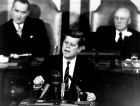
'But why then?' Chronological context and historical interpretations
ArticleClick to view -

Move Me On 154: Mixed Ability Groups
ArticleClick to view -

Waking up to complexity
ArticleClick to view -

Developing awareness of the need to select evidence
ArticleClick to view -

Historical consciousness in sixth-form students
ArticleClick to view -

Developing students' thinking about change and continuity
ArticleClick to view -

Triumphs Show 150.2: Year 13 game for reaching substantiated judgements
ArticleClick to view -

Triumphs Show 150.1: meeting the challenges of the A2 synoptic unit
ArticleClick to view -
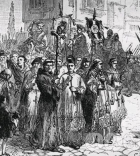
Marr: magpie or marsh harrier?
ArticleClick to view -
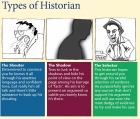
Teaching students to argue for themselves - KS3
ArticleClick to view -
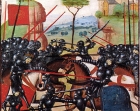
Polychronicon 148: The Wars of the Roses
ArticleClick to view -
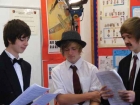
Transforming historical understanding through scripted drama
ArticleClick to view -
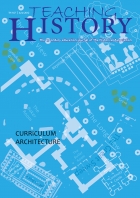
Teaching History 147: Curriculum Architecture
ArticleClick to view -
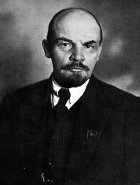
Exploring pupils' difficulties when arguing about a diverse past
ArticleClick to view -

How does history shape our perceptions of national identity?
Multipage ArticleClick to view -

Strategies for A-Level marking to motivate and enable
ArticleClick to view -

Creating confident historical readers at A-level
ArticleClick to view -

Developing sixth-form students' thinking about historical interpretation
ArticleClick to view -

Polychronicon 142: 'instructive reversals' - (re)interpreting the 1857 events in Northern India
ArticleClick to view -
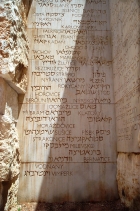
Deepening post-16 students' historical engagement with the Holocaust
ArticleClick to view

